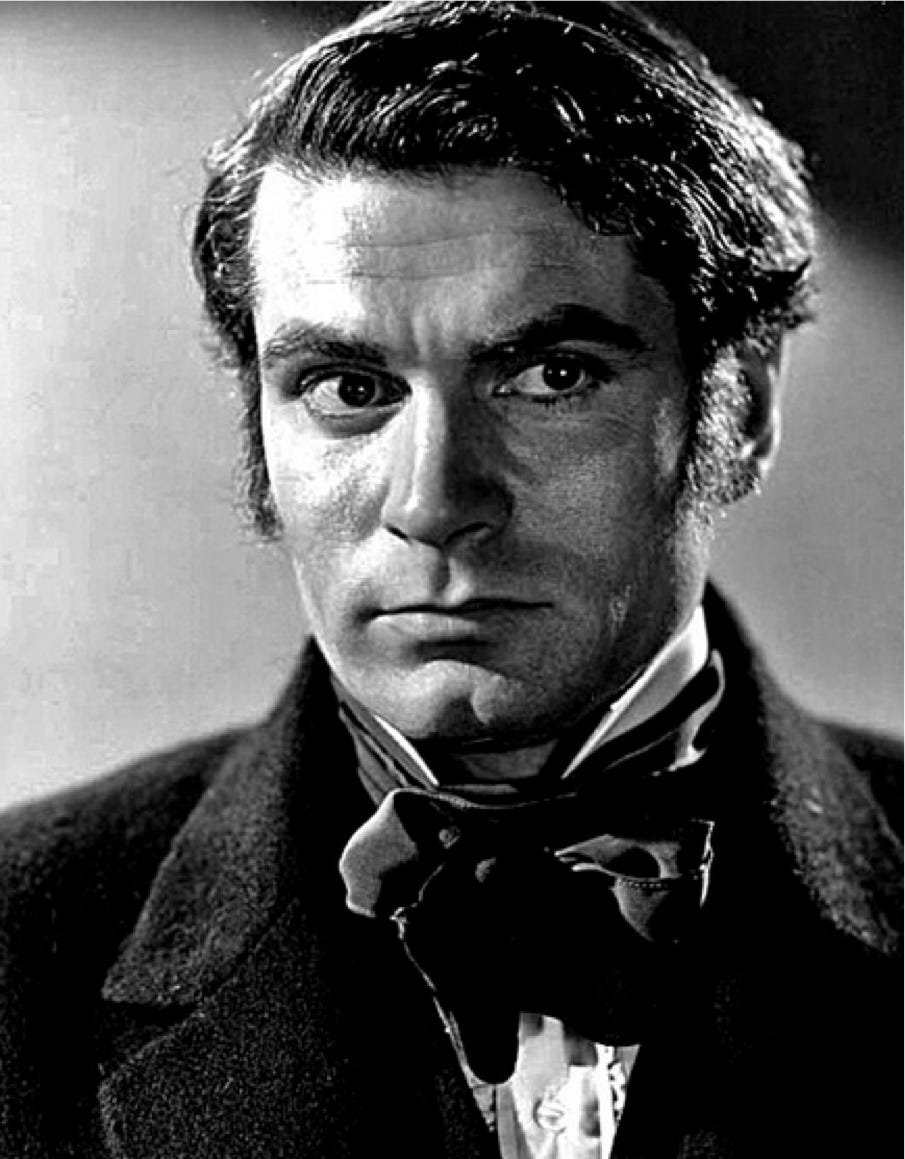By Steve Hall
We don’t readily see Scripture as a love story but it is one. In fact it is the greatest love story ever told. It is the story of God’s love for humankind, both collectively and individually.
Saturday of the Third Week of Lent
Hosea 6:1-6
Luke 18:9-14
There are many recurring themes in literature. Some scholars suggest that the number of themes is limited to a relative few. Nevertheless, the variations are seemingly endless and the retelling in new forms still draws us in. We see it today as Romeo and Juliet becomes West Side Story.
It is hardly unexpected that ‘romance’ should be one of those themes. It is the marrow of books and plays, literature and song. Its persistence throughout history is undeniable. And why not? It endures in all these art forms because it endures in life.
We don’t readily see Scripture as a love story but it is one. In fact it is the greatest love story ever told. It is the story of God’s love for humankind, both collectively and individually. If viewed as a novel we should classify it as romantic literature belong to the subclass of unrequited love, greater by far than Wuthering Heights or Tale of Two Cities. If rightly told in film it would surpass Gone With The Wind or Love Story.

"O my people, what have I done to you? In what have I wearied you? Answer me!” (Micah 6:3)
Our Old Testament text for today is from the prophet Hosea. His book is relatively small and much of what he writes is presented as his own life story. But, as with many of the prophets, his own life story or life incidents are given as representative of the story of God and mankind. Our current reading draws our attention to the Lord as the one who will fix the mess we have made.
He will heal us
He will bind our wounds
He will revive us
He will raise us up
He will come to us like spring rain that waters the earth.
It is in this “return to the LORD” that the tax collector finds his spirit healed and his life set straight.
We may immerse ourselves in the agony of the fictional character Heathcliff in Emily Brontë's 1847 novel Wuthering Heights or wallow in the self-pity of Katie Scarlett O'Hara as the protagonist of Margaret Mitchell's 1936 novel Gone with the Wind, but we will only underestimate the power and immensity of God’s love. Maybe that’s why we so often just ignore it, because it so greatly surpasses our understanding.
But make no mistake. His love is real.




